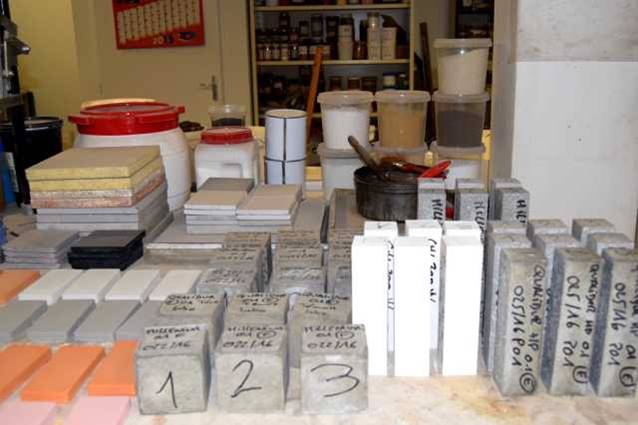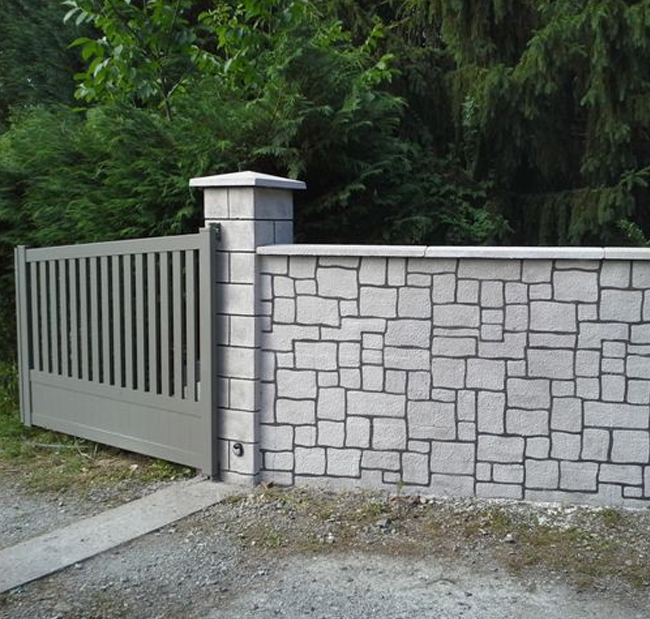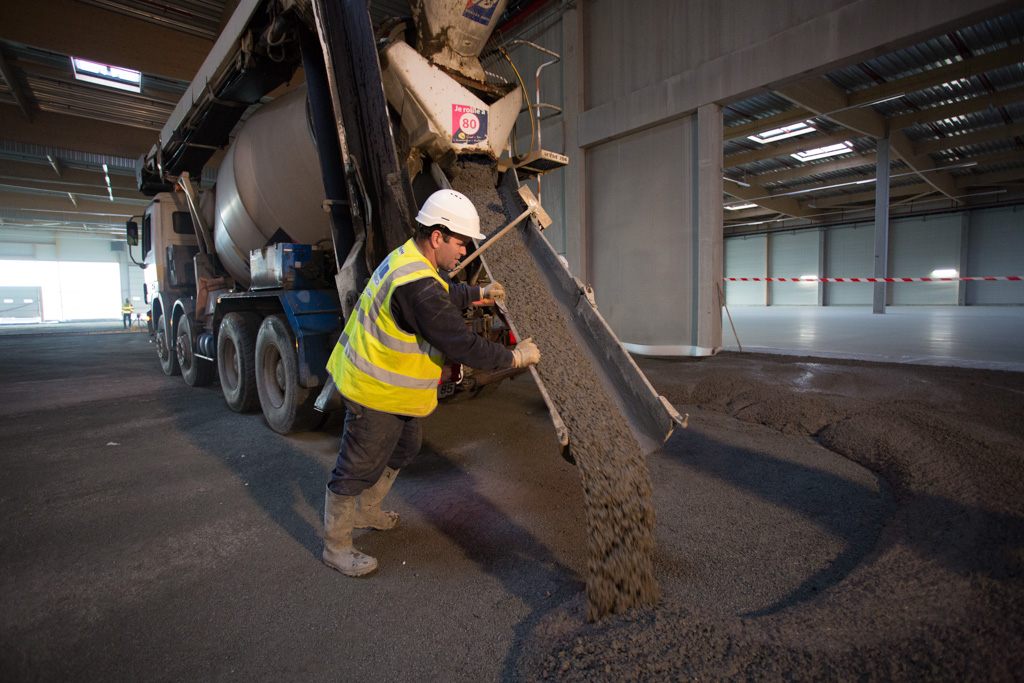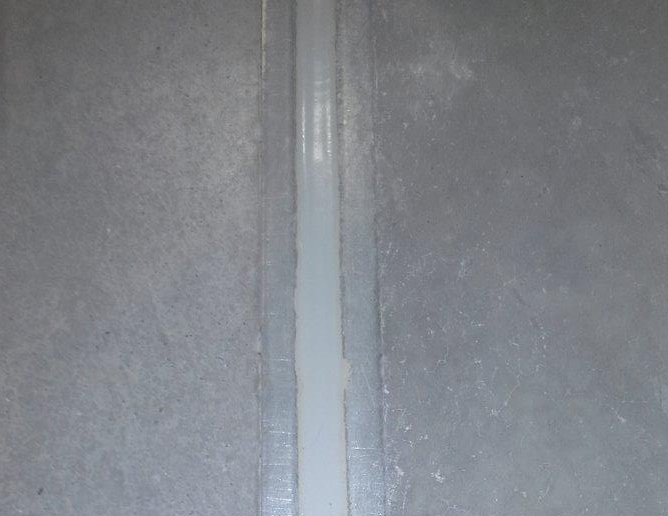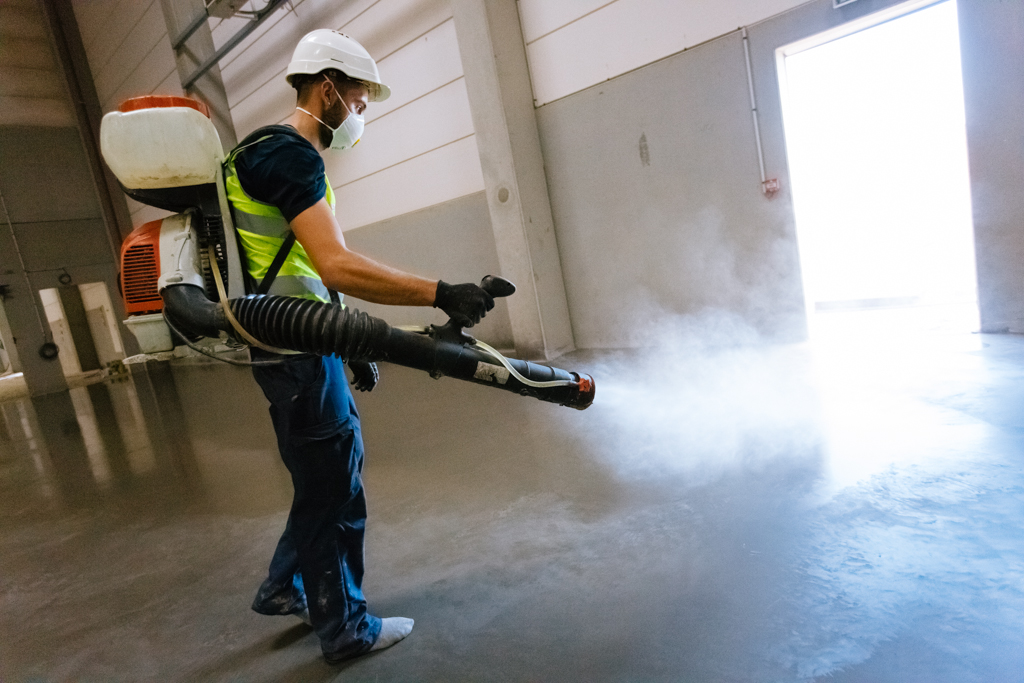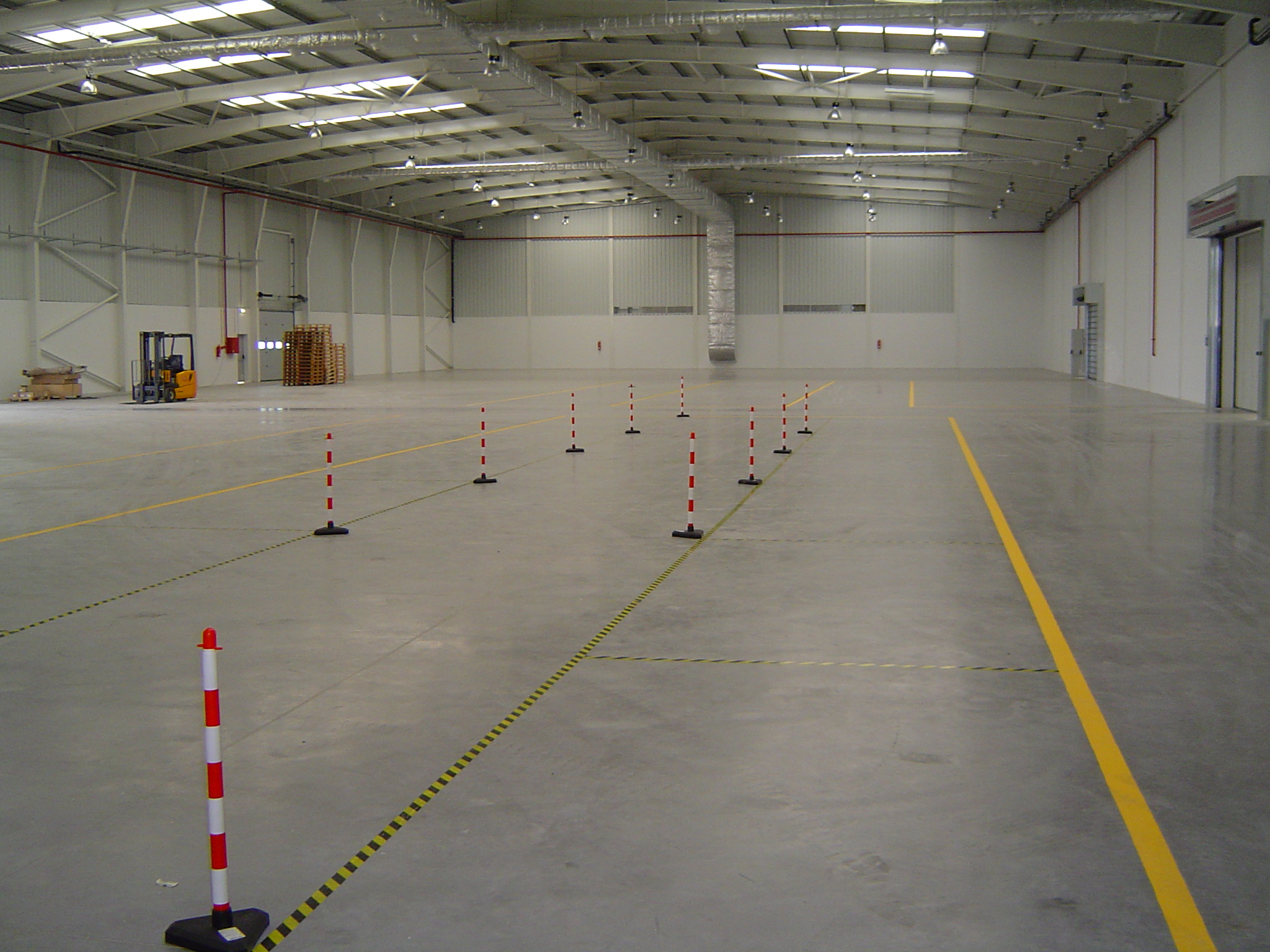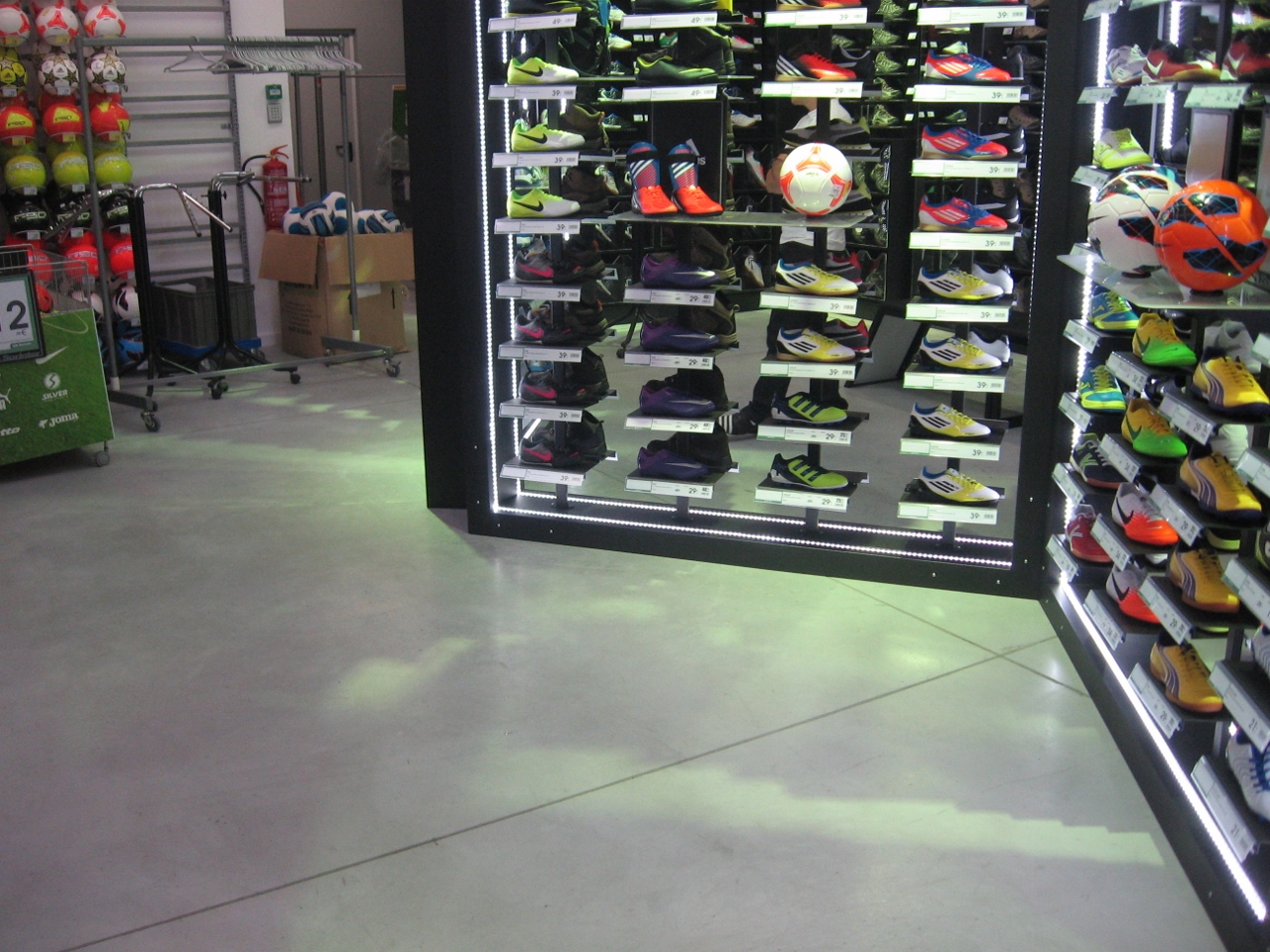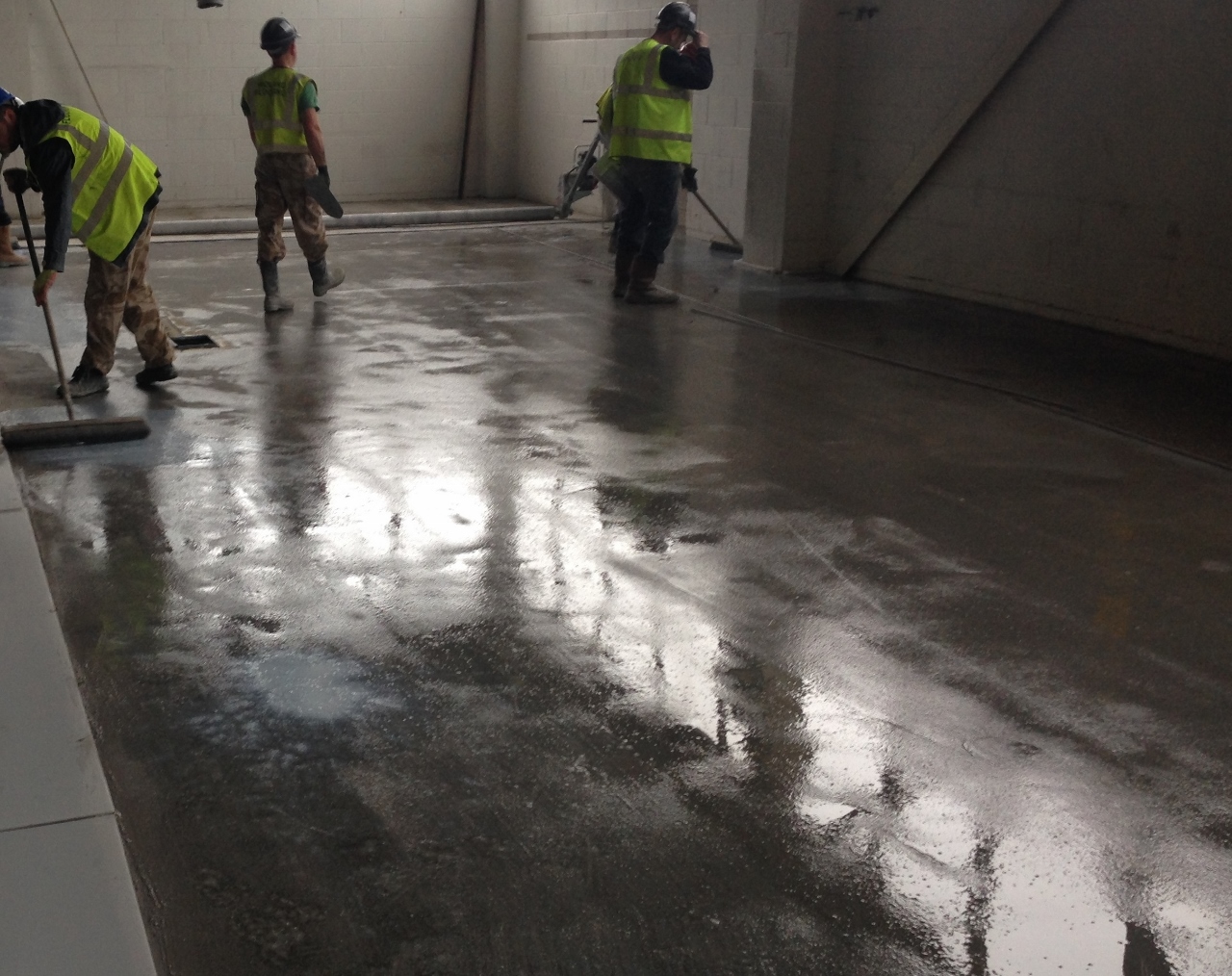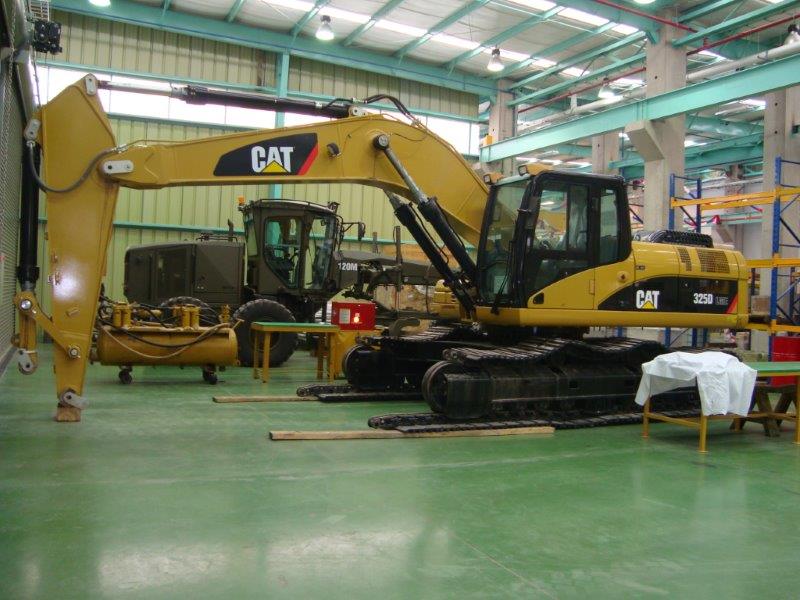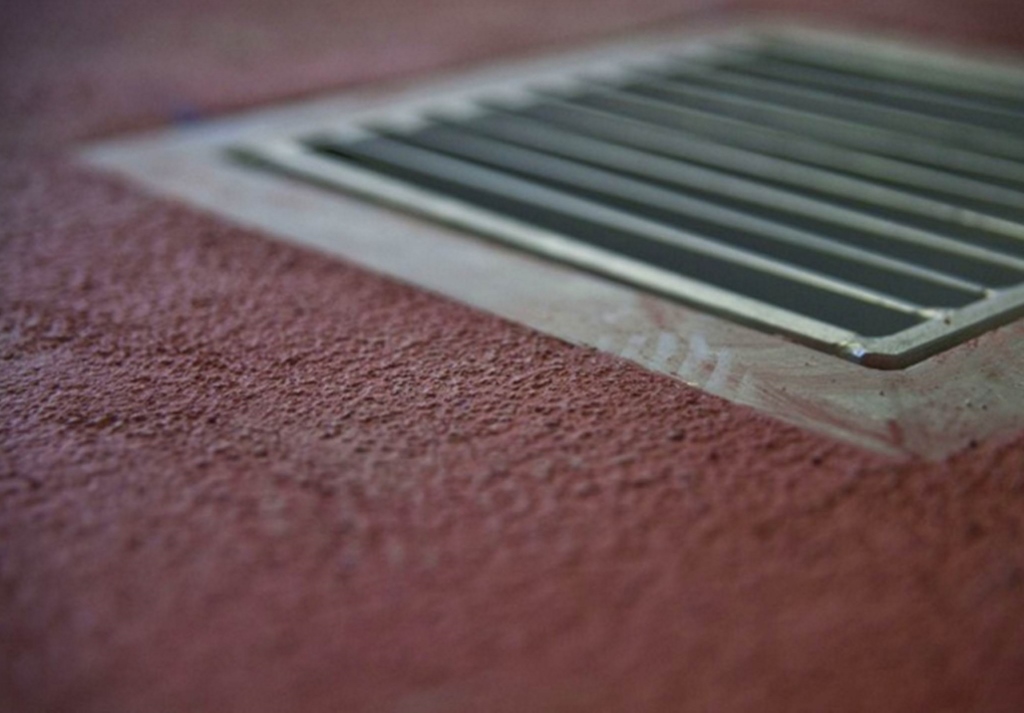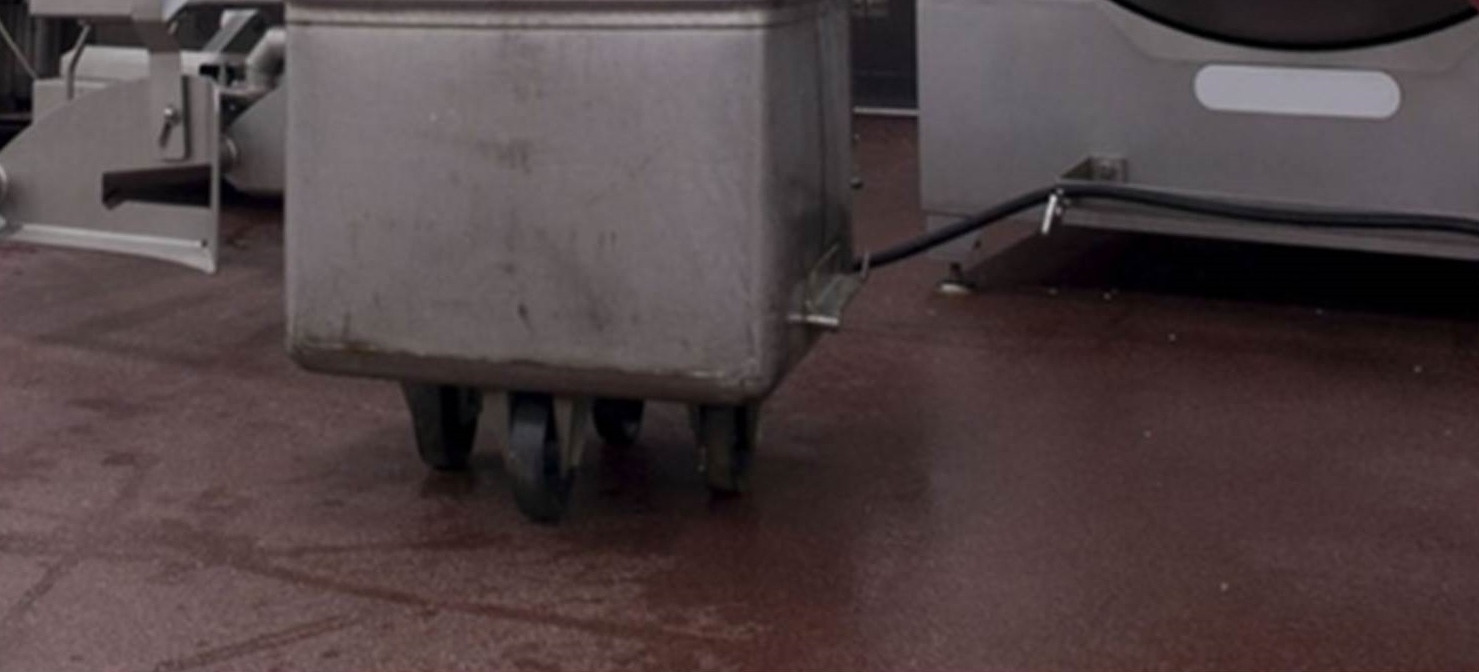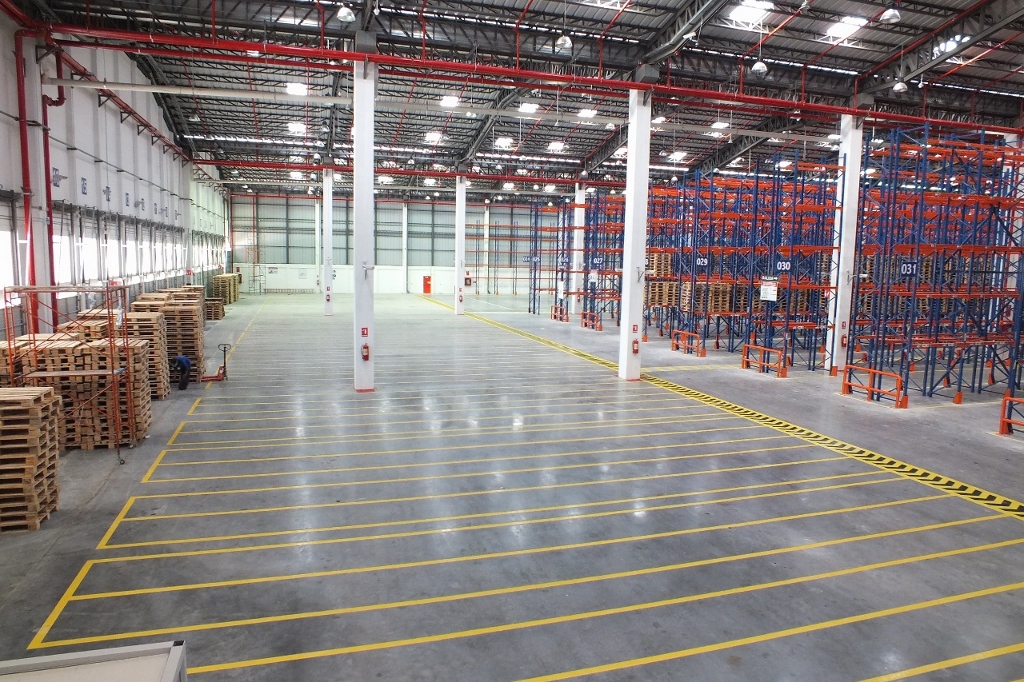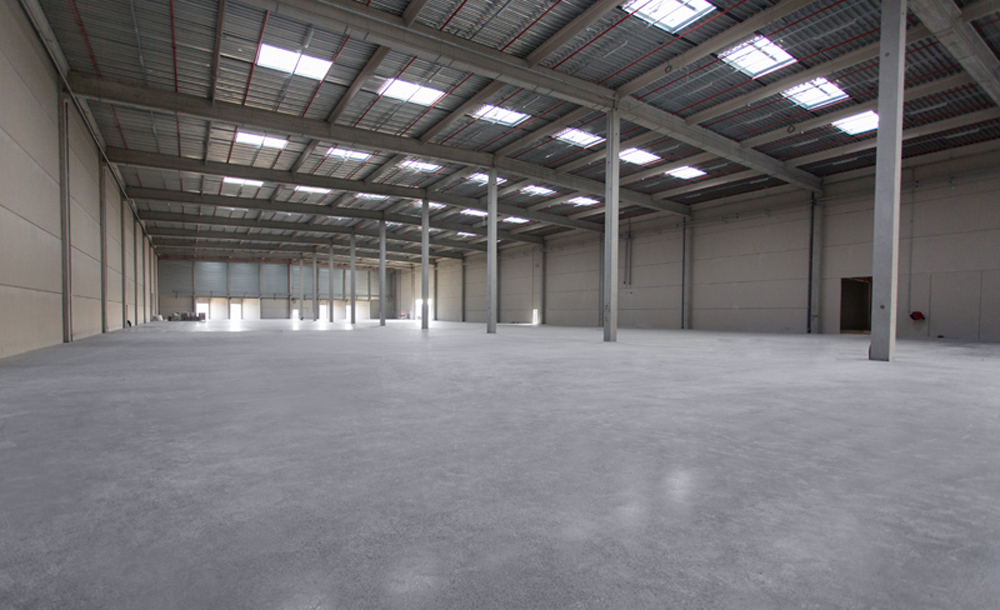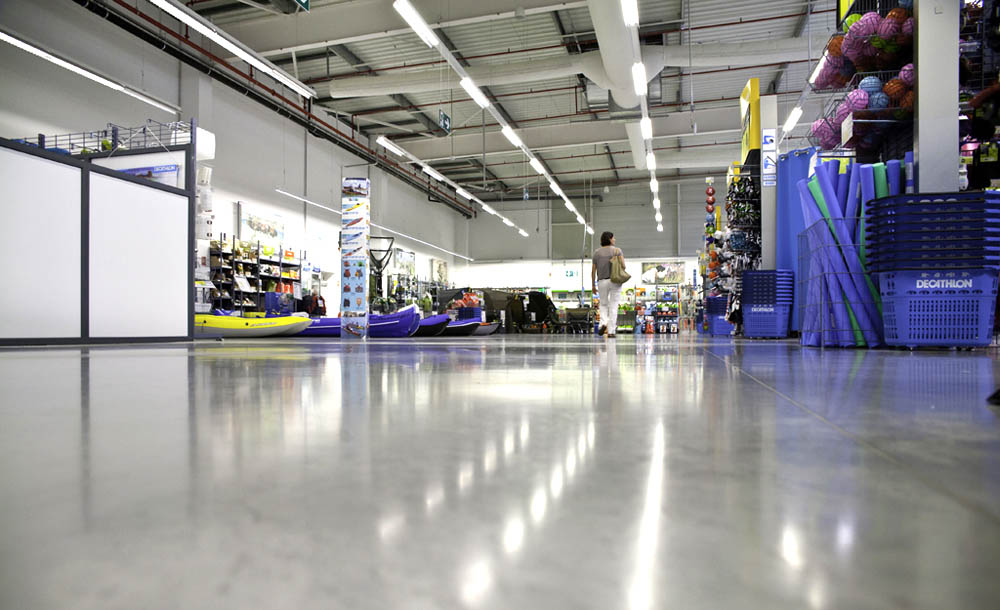31
May
2016
How do you know you’ve got a quality concrete product?
If you’re investing in a concrete floor, you want to make sure you’re getting a high quality product. The last thing you want is to have to carry out costly repairs that might disrupt your business because you used an inferior concrete product. One way of assuring quality is to look for quality standard marks.... Read More
25
April
2016
Decorative concrete: functional concrete with visual impact
Concrete is often dismissed as ugly, thanks to 1960s architecture, but nowadays there are plenty of products, treatments and techniques that can transform this functional material into a creative masterpiece with added benefits. From multiple colour variants to polished finishes, today decorative concrete is not just pretty, but it works hard too with specialist finishes... Read More
22
March
2016
Industrial concrete floor sealant – why flooring contractors need to use it
If you’re an industrial flooring contractor, you may be one of the many which already use a concrete floor sealant – perhaps for a factory or warehouse. If you’re a building owner, you may be wondering why your flooring contractor is applying a concrete floor sealant and what it will mean for the durability of... Read More
11
February
2016
Concrete admixtures for industrial concrete floors
What are concrete admixtures? Concrete admixtures are chemicals added to a concrete mix before it is poured into place. Admixtures change how the concrete will behave during the pour and the curing process, or give the concrete certain properties (eg, waterproofing). What different concrete admixtures are available? Admixtures are chosen based on the job they... Read More
22
January
2016
Expansion joint sealant: why you need it, and how to choose it
What is an expansion joint? An expansion joint is a created joint between two sections of a concrete floor slab, which gets narrower when the panels of the slab expand, due to an increase in ambient temperature (imagine an outside hard-standing in the heat of summer). This is different from a contraction joint (or ‘control... Read More
01
December
2015
Concrete curing agents – what they do, and how to choose the right one
Concrete curing agents are an important part of creating a strong, durable concrete floor. This article explores why they are necessary, and the options for curing and sealing industrial concrete floors. Why use a concrete curing agent? When concrete cures, water within the concrete evaporates. If water near the surface of a concrete slab evaporates... Read More
09
November
2015
Checklist for choosing industrial floor coatings
When specifying industrial floor coatings, there are many different options available – such as resin floors, surface hardeners, screed finished floors, overlays, and vinyl or rubber tiles or coverings. Choosing the right coating will ensure your industrial floor provides the optimum balance between serviceability and cost. This checklist will help you consider the best approach... Read More
13
October
2015
Why it’s time to give ‘dry-shake’ a new name
‘Dry-shake’ is a common term in the industrial concrete flooring industry. But is it the best term to use for the product? We believe industrial flooring contractors, and clients, would benefit from thinking different about this product – and from giving it a better name. Why is it called dry-shake? The term ‘dry-shake’ stems from... Read More
22
September
2015
Concrete bonding agents: why you need to use them, and which to choose.
When a concrete floor surface becomes damaged there is usually the choice of either demolishing the floor and starting again, or resurfacing the existing concrete. Removing the entire floor and re-pouring is costly, both financially and in terms of time. It’s also wasteful if the floor is still structurally sound. One solution is to add... Read More
01
September
2015
Six ways to achieve a coloured concrete floor
Coloured concrete floors are attractive and distinctive, and can greatly improve the appearance of a building, and reinforce the company’s branding. But what are the options for colouring an internal concrete floor? 1) Paint it Concrete floor paints are available on the market, some of which are marked for industrial use. However, preparation is vital... Read More
12
August
2015
Granolithic screed: when to use it, and how to choose it
What is granolithic screed? Granolithic screed is a floor topping which is placed on to an existing hard base (usually a concrete slab), to form a durable top surface. It comprises hard aggregates, cement and sand which are blended with water and sometimes polymers to make a workable mix. A granolithic screed floor is sometimes... Read More
22
July
2015
Concrete floor finishes for food processing facilities
Floors in food processing facilities need to comply with strict hygiene requirements, and be highly resilient to a very challenging environment. So it’s vital to give careful thought to the products that will help the concrete floor to perform and endure. European regulations for floors in food processing facilities Hygiene in food processing plants is,... Read More
04
June
2015
Should you specify a surface hardener for concrete floors?
There are plenty of reasons to consider using a surface hardener for concrete floors. Whether the floor is being constructed for an industrial, retail or warehouse building, here are five key questions for specifiers to consider. 1) Are there steel fibres in the concrete mix? Some floors are constructed using steel fibre reinforced concrete (SFRC). This... Read More
30
April
2015
How to care for industrial concrete flooring
An industrial concrete floor is probably the hardest-working part of a warehouse or factory. It is a vitally important component too, as a damaged floor surface can disrupt normal business operations, and leave building owners and operators with unwelcome repair bills. Materials handling vehicles can be slowed down because of an uneven floor; and they... Read More
05
August
2014
Understanding the true ‘cost’ of a concrete surface hardener
When calculating the cost of a dry-shake (also called a concrete surface hardener) for an industrial floor it can be tempting to compare only the price per kilogram. But this fails to take into account an important factor: the dosage that is needed to achieve the required abrasion resistance. As our previous article explains, abrasion... Read More
27
July
2014
Abrasion resistance for concrete floors
Wear and tear on an industrial concrete floor’s surface can have serious implications for the efficiency of the building. An uneven surface will make it more challenging for materials handling vehicles to operate, potentially increasing the wear to the vehicle itself. In cases of serious damage the area may have to be isolated while repairs... Read More
30
June
2014
Will using a dry-shake topping affect the slip resistance of concrete floors?
When creating an industrial or retail concrete floor surface, it is important to balance all the needs of the building and its users. Coloured concrete, achieved using a dry-shake topping (which can also be applied as a wet-on-wet slurry), is popular in order to give the floor a protective and distinctive finish. The power trowelling... Read More




